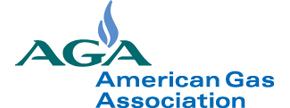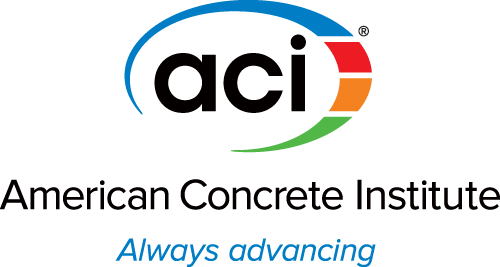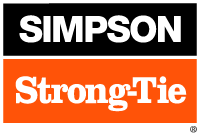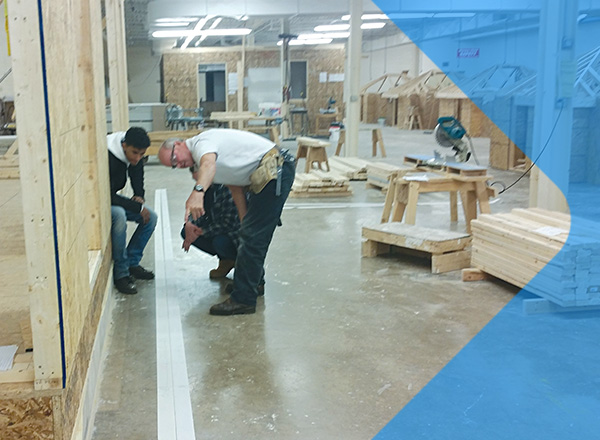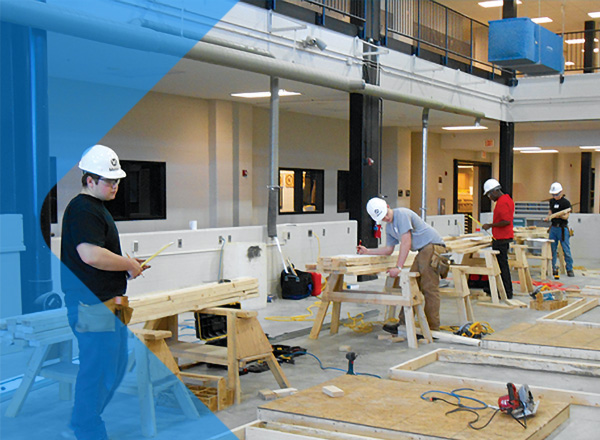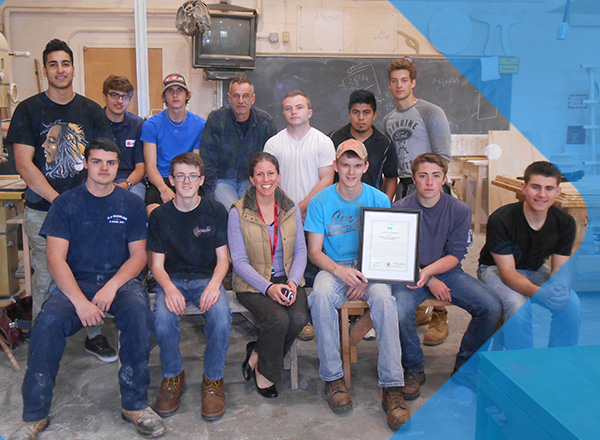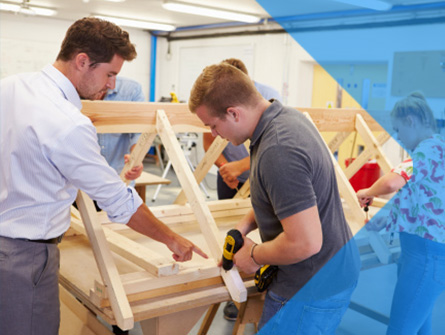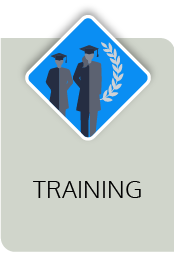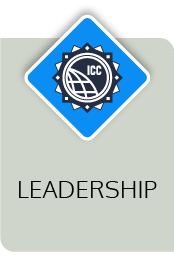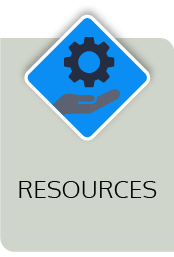Sponsors
The International Code Council is grateful for the companies and organizations that are making building safety a priority by sponsoring Building Safety Month.
Become a Sponsor
Sponsorship for the 41st Annual Building Safety Month provides unmatched, high profile opportunities to demonstrate your organization's commitment to building safety. Sponsorship will showcase your message and highlight your commitment to individuals and organizations in building code development, catastrophe management, emergency management, fire safety, green and energy construction, home improvement, home inspection, insurance, manufacturing, real estate, recreational safety, standards and testing, and more.
Read the 2021 ICC Visibility Prospectus for all Building Safety Month Sponsorship options. For more information on becoming a sponsor, click here.
Foundation Sponsor
Founded in 1918, the American Gas Association (AGA) represents more than 200 local energy companies that deliver clean natural gas throughout the United States. Today, more than 68 million residential, commercial and industrial customers across the nation receive their reliable, affordable supplies of natural gas from AGA members—and natural gas meets almost a quarter of America’s energy needs.
www.aga.org
Virtual Webinar Sponsor
The American Concrete Institute is a leading authority and resource worldwide for the development, dissemination, and adoption of its consensus-based standards, technical resources, educational & training programs, certification programs, and proven expertise for individuals and organizations involved in concrete design, construction, and materials, who share a commitment to pursuing the best use of concrete. ACI has more than 100 chapters, 240 student chapters, and 30,000 members spanning over 120 countries. ACI’s focus on the development of code requirements and global adoption and use of ACI knowledge, will assist industry professionals globally in the design of concrete structures.
www.concrete.org
4LEAF is an engineering corporation headquartered in Pleasanton, CA with offices throughout the United States. We specialize in construction engineering projects providing services to Building, Public Works/Engineering, Planning, and Fire Departments for municipalities. The services we provide include: Construction Management, Engineering/Civil Inspections, Building and Safety, Fire Resiliency, Disaster Recovery, Program Management, and Environmental Consulting. In addition, we provide consulting services to private owners within these same scopes of work.
www.4leafinc.com
Theme Week Co-Sponsor
LIUNA – the Laborers’ International Union of North America – is a powerhouse of workers who build state-of-the-art infrastructure. LIUNA members are a skilled and experienced union workforce trained to work safely in the construction and energy industries. Members build infrastructure – from roads, bridges, and transit to schools and skyscrapers. They are certified to install rainwater catchment systems and trained to build water and sewer systems. Members also work in every area of the energy sector, helping to build solar plants, wind farms, and natural gas and oil pipelines, as well as, being skilled in the maintenance of nuclear and coal power plant facilities.
www.liuna.org
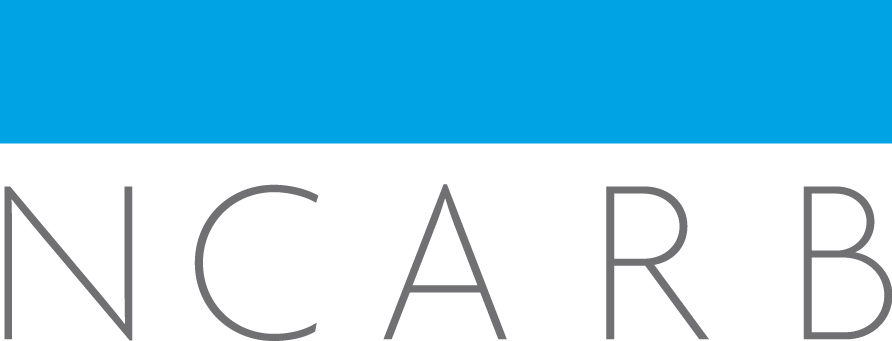
The National Council of Architectural Registration Boards (NCARB) is a nonprofit organization made up of the architectural licensing boards of 55 states and territories. While each jurisdiction is responsible for regulating the practice of architecture within its borders, NCARB develops and administers national programs for licensure candidates and architects to ensure they have the mobility to go wherever their career takes them.
www.ncarb.org
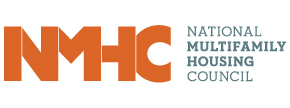
NMHC is the place where the leaders of the apartment industry come together to guide their future success. With the industry’s most prominent and creative leaders at the helm, NMHC provides a forum for insight, advocacy and action that enable both members and the communities they build to thrive.
www.nmhc.org
Simpson Strong-Tie is the world leader in structural product solutions–solutions that not only help customers, but help make structures safer and stronger. The company is recognized as the genuine connector brand in the residential construction industry, and also for its ever-expanding offering of shearwalls, moment frames and fasteners. In the last two decades, the company has expanded further with products for infrastructure, commercial and industrial construction, including mechanical anchors, adhesives and products that repair, protect and strengthen concrete and masonry.
www.strongtie.com
Supporters
American Society of Plumbing Engineers (ASPE)
Federal Emergency Management Agency (FEMA)
National Association of Home Builders (NAHB)
National Electrical Manufacturers Association (NEMA)
National Elevator Industry Inc. (NEII)
National Institute of Building Sciences (NIBS)
NSF International
Pool & Hot Tub Alliance (PHTA)
Sheet Metal & Air Conditioning Contractors’ National Association (SMACNA)
Spatial Data Logic
Friends
ASTM International
Johnson & Associates Consulting Services

